
The startup landscape has fundamentally changed, and companies that wait to hire AI developers after launching are already behind. With 70,717 AI startups worldwide competing for market share, the race isn't just about having a great product anymore. It's about having the right technical foundation from day one.
Smart founders understand that artificial intelligence capabilities aren't optional extras you add later—they're the core infrastructure that determines whether your startup thrives or becomes another casualty in an increasingly competitive market.
The numbers tell a compelling story. The AI market is expected to reach $184 billion by the end of 2024, with forecasts showing it will balloon to $826.70 billion by 2030. This explosive growth creates both massive opportunities and intense competition.
Companies that build AI capabilities early capture larger market shares, while those that delay face the challenge of catching up to competitors who already have established AI-powered advantages.
The Current State of AI Talent Demand
The demand for AI expertise has reached unprecedented levels, creating a talent shortage that affects every industry. The AI talent gap is getting wider and is projected to reach crisis levels by 2024, making it increasingly difficult for companies to find qualified professionals. This scarcity means that waiting to hire AI developers until after launch puts startups at a severe disadvantage.
Recent labor market data reveals the intensity of this competition. GenAI-related jobs have grown rapidly since January 2023, from just 3 in 100,000 job postings to 11 in 10,000 as of the end of February 2024. This dramatic increase demonstrates how quickly the market is evolving and why early action is essential.
The financial implications are equally significant. Average compensation for experienced AI engineers can reach up to $200,000 per year, with total pay ranges expanding as firms offer more bonuses and stock options. These high salaries reflect the value companies place on AI talent and the competitive nature of the hiring market.
Market Competition Intensifies
The race to secure AI talent has become a critical factor in startup success. 47% of technologists have had to take on more tasks due to the talent shortfall, and almost 50% of recruiters struggle to find qualified candidates. This shortage means that companies able to attract and retain AI developers gain significant advantages over competitors who lack these capabilities.
Startups that delay hiring AI developers often find themselves competing against established companies with deeper pockets and more attractive compensation packages. Early hiring allows startups to build relationships with top talent before they become prohibitively expensive or unavailable.
Why Early AI Integration Beats Late Adoption
Building AI capabilities from the beginning provides fundamental advantages that cannot be replicated through later integration. When you hire AI developers during the pre-launch phase, they can design systems with artificial intelligence at their core rather than trying to retrofit AI features onto existing architecture. This approach results in more efficient, scalable, and powerful solutions.
Early AI integration also allows startups to develop proprietary algorithms and models that become competitive moats. Companies that add AI features later often rely on generic solutions that provide limited differentiation. Custom AI development creates unique value propositions that competitors cannot easily replicate.
Technical Architecture Advantages
AI-first architecture provides superior scalability and performance compared to systems where AI capabilities are added as afterthoughts. When AI developers are involved from the beginning, they can optimize data pipelines, design efficient storage systems, and create scalable computing infrastructure that supports advanced AI workloads.
This foundational approach also enables better integration between different AI systems and traditional software components. Instead of dealing with compatibility issues and performance bottlenecks that arise from retrofitting AI capabilities, companies with AI-first architecture enjoy seamless operation and faster development cycles.
Building Competitive Advantage Through AI Talent
The most successful startups understand that AI developers don't just build features—they create fundamental competitive advantages. These professionals bring deep understanding of machine learning algorithms, data science methodologies, and emerging AI technologies that can transform business operations.
Their expertise enables startups to identify opportunities and implement solutions that non-technical teams might miss.
AI talent also drives innovation culture within organizations. These professionals think differently about problem-solving, often identifying creative applications of AI technology that extend beyond original product visions. This innovative mindset helps startups pivot quickly when market conditions change or new opportunities emerge.
Strategic Innovation Capabilities
Skilled AI developers can rapidly prototype new features and test innovative concepts without requiring major infrastructure investments. This agility allows startups to respond quickly to market feedback and competitive pressures. Companies with strong AI teams can experiment with multiple approaches simultaneously, increasing their chances of finding winning strategies.
The presence of AI expertise also attracts additional technical talent who want to work on cutting-edge projects. This creates positive feedback loops that strengthen the company's overall technical capabilities and reputation in the competitive talent market.
Market Timing and First-Mover Advantages
The window for gaining first-mover advantages through AI is narrowing rapidly as more companies recognize its importance. In 2024, the global AI market is projected to grow 33% year over year, indicating accelerating adoption across industries. Companies that establish AI capabilities early can capture market share before competitors catch up.
First-mover advantages in AI are particularly valuable because they compound over time. AI systems improve with more data and usage, creating self-reinforcing cycles that benefit early adopters. Companies that launch with AI capabilities begin accumulating these advantages immediately, while those that add AI later start from behind.
Customer Acquisition Benefits
Startups with AI-powered features can offer superior user experiences that attract customers away from competitors. These enhanced capabilities often justify premium pricing, improving unit economics and providing more resources for growth. Early AI adoption also demonstrates technical sophistication that appeals to investors and enterprise customers.
The market rewards companies that solve problems better than existing solutions. AI capabilities enable startups to address customer needs more effectively, creating stronger product-market fit and reducing customer acquisition costs.
Cost Analysis of Early vs. Late AI Hiring
While hiring AI developers before launch requires upfront investment, the long-term cost benefits significantly outweigh early expenses. Custom AI solutions can range from $6000 to over $300,000, including development and rollout. However, building these capabilities after launch typically costs much more due to system redesign requirements and opportunity costs.
Late AI adoption also carries hidden costs including technical debt, integration challenges, and competitive disadvantages. Companies that wait often need to rebuild existing systems to support AI capabilities, effectively paying twice for the same functionality.
Investment Return Calculations
Early AI investment provides returns through multiple channels including improved operational efficiency, enhanced customer experiences, and new revenue opportunities. These benefits compound over time as AI systems become more sophisticated and handle increasingly complex tasks.
The cost of missing market opportunities often exceeds the investment required for early AI talent acquisition. Companies that delay AI adoption may find themselves unable to compete effectively as artificial intelligence becomes standard across their industry.
Implementation Strategies for Pre-Launch AI Teams
Successfully integrating AI developers into pre-launch teams requires careful planning and clear communication about expectations and timelines.
These professionals work best when they understand the business context and can contribute to strategic decision-making. Including AI developers in product planning sessions ensures that artificial intelligence capabilities align with market needs and business objectives.
Creating effective collaboration between AI developers and other team members requires establishing common vocabularies and shared understanding of technical possibilities. Regular knowledge-sharing sessions help bridge gaps between technical and business teams, ensuring that AI capabilities support overall company goals.
Team Structure and Management
Effective AI teams require different management approaches than traditional software development teams. These professionals often work on longer timelines and need flexibility to experiment with different approaches. Project management methodologies must accommodate the iterative nature of AI development while maintaining progress toward launch deadlines.
Building diverse AI teams with complementary skills creates more robust capabilities than hiring specialists in narrow areas. Teams that combine machine learning expertise, data engineering skills, and domain knowledge can tackle complex challenges more effectively than individuals working in isolation.
Risk Management and Quality Assurance
Early AI implementation requires robust risk management strategies to ensure that artificial intelligence systems perform reliably and safely. When you hire AI developers before launch, they can implement proper testing frameworks, validation processes, and monitoring systems that prevent costly failures after deployment.
Quality assurance for AI systems involves different approaches than traditional software testing. AI developers need to validate model performance, ensure data quality, and implement safeguards against unexpected behaviors. These processes are much easier to implement during initial development than after systems are already in production.
Compliance and Ethical Considerations
AI developers with experience in regulated industries understand the importance of building compliant systems from the beginning. They can implement proper data governance, algorithmic fairness measures, and audit trails that satisfy regulatory requirements without compromising system performance.
Ethical AI development requires ongoing attention to bias prevention, transparency, and accountability. Teams that consider these factors from the start build more robust and trustworthy systems than those that address ethical concerns as afterthoughts.
Future-Proofing Your Startup
The AI landscape continues evolving rapidly, making it essential to build systems that can adapt to new technologies and techniques. Experienced AI developers understand how to create flexible architectures that can incorporate emerging capabilities without requiring complete rebuilds. This forward-thinking approach protects investments and ensures long-term competitiveness.
Future-proofing also means building teams that can continue learning and adapting as AI technology advances. The most valuable AI developers are those who stay current with research developments and can quickly implement new techniques when they become available.
Scalability Planning
Successful AI implementation requires planning for growth from the beginning. Systems designed to handle current loads often fail when faced with rapid scaling demands. AI developers who understand scalability challenges can design architectures that grow with the business, avoiding costly migrations later.
Planning for scale also means considering infrastructure requirements, data storage needs, and computational resources. Early planning prevents bottlenecks and ensures that AI capabilities can support business growth without requiring major architectural changes.
The startup world rewards companies that move fast and think strategically about their technical foundations. In today's competitive landscape, the decision to hire AI developers before launch isn't just about staying current with technology trends—it's about building the fundamental capabilities that determine long-term success.
Companies that recognize this reality and act accordingly position themselves to lead their markets, while those that wait risk becoming footnotes in the stories of more forward-thinking competitors.





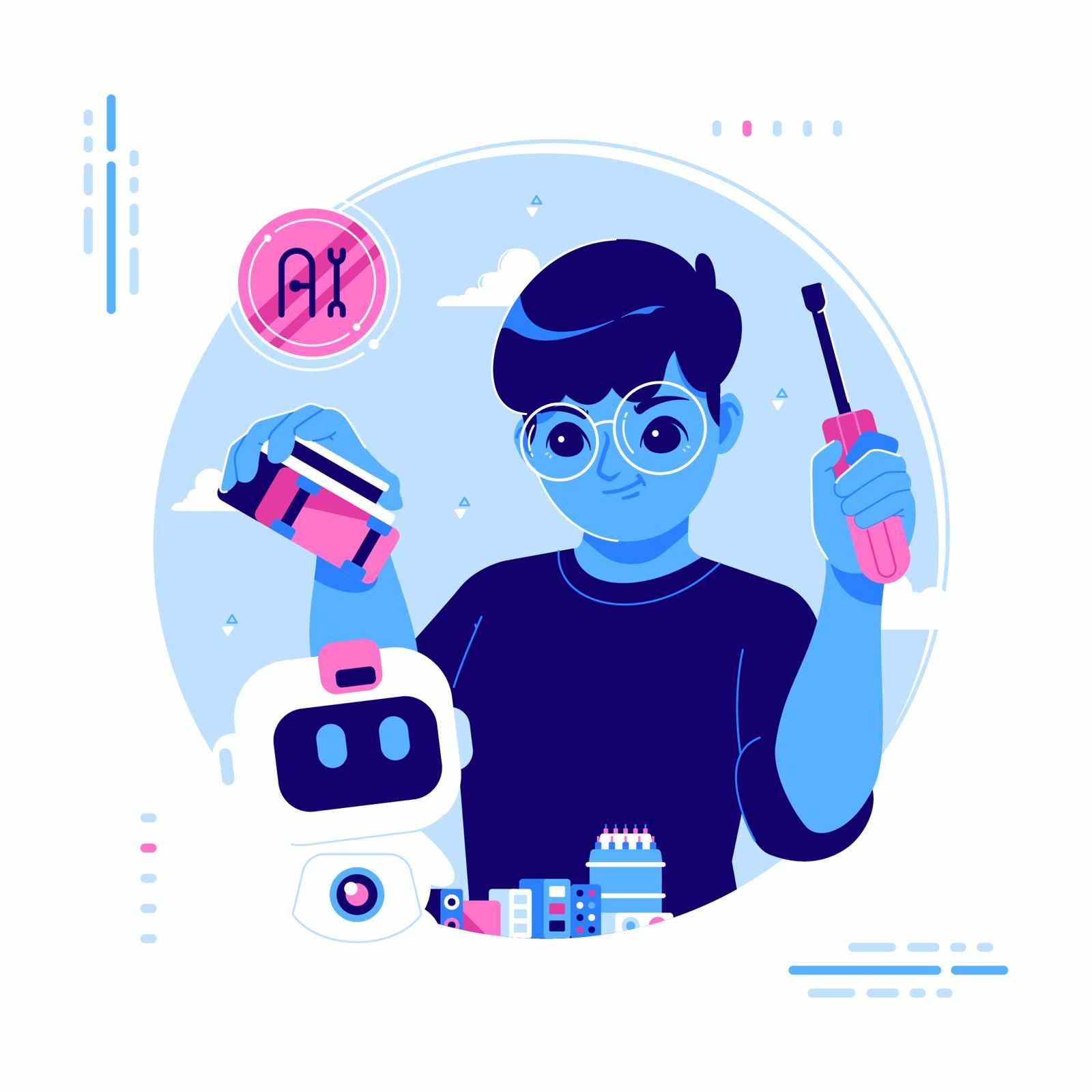
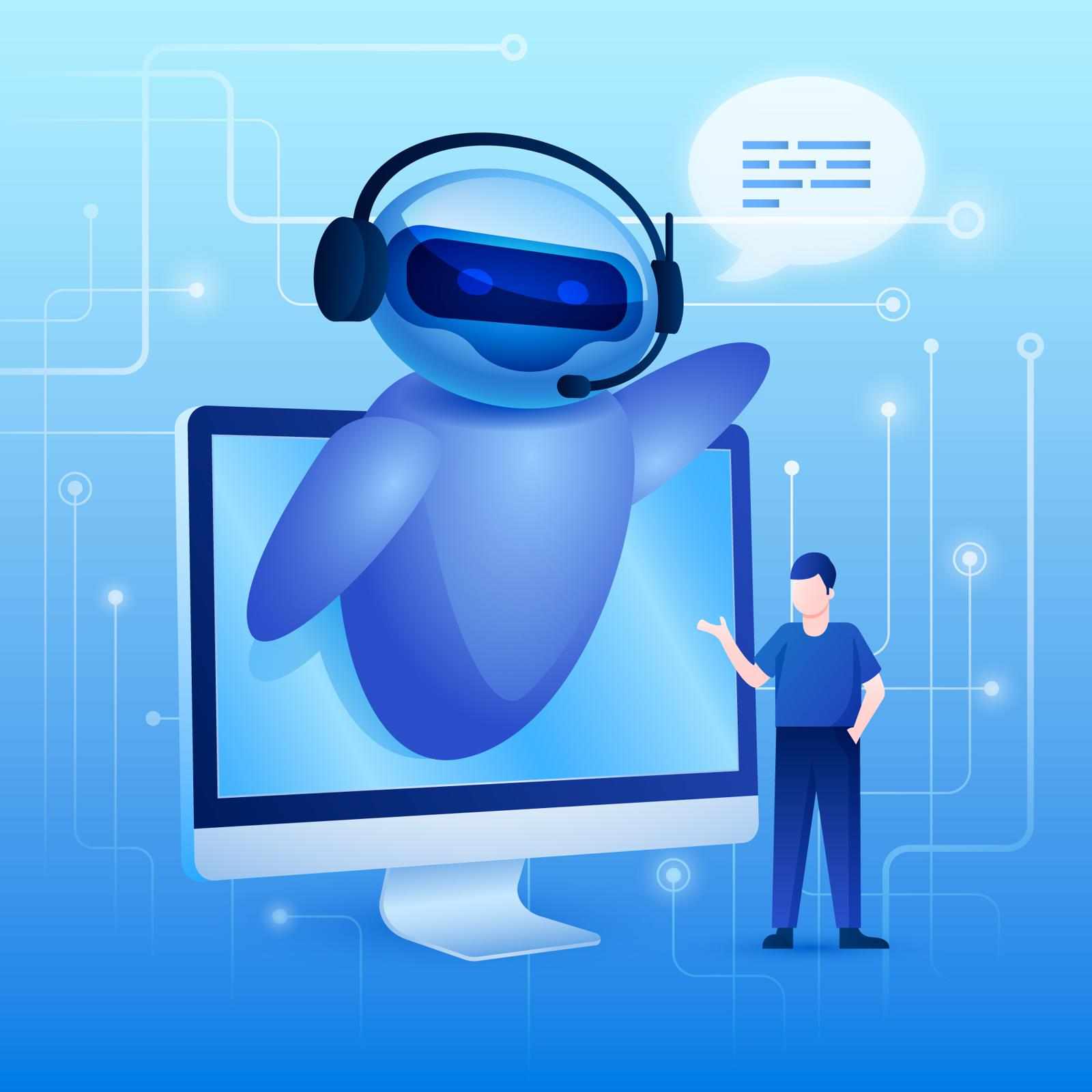






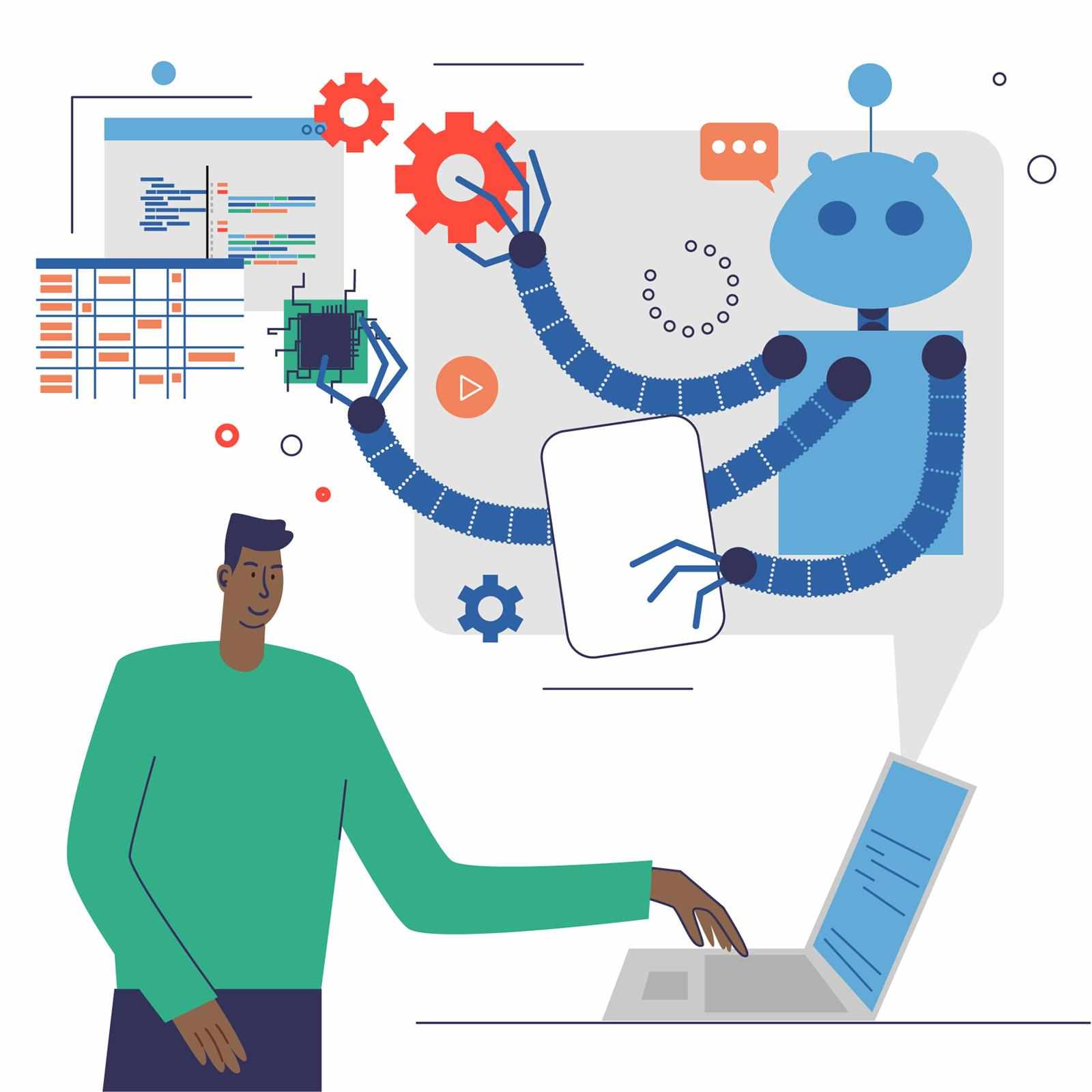
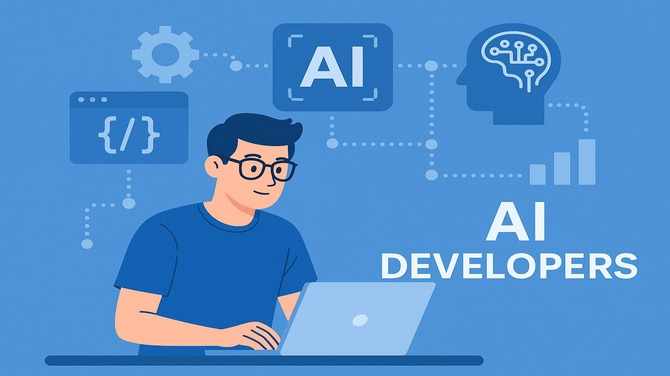

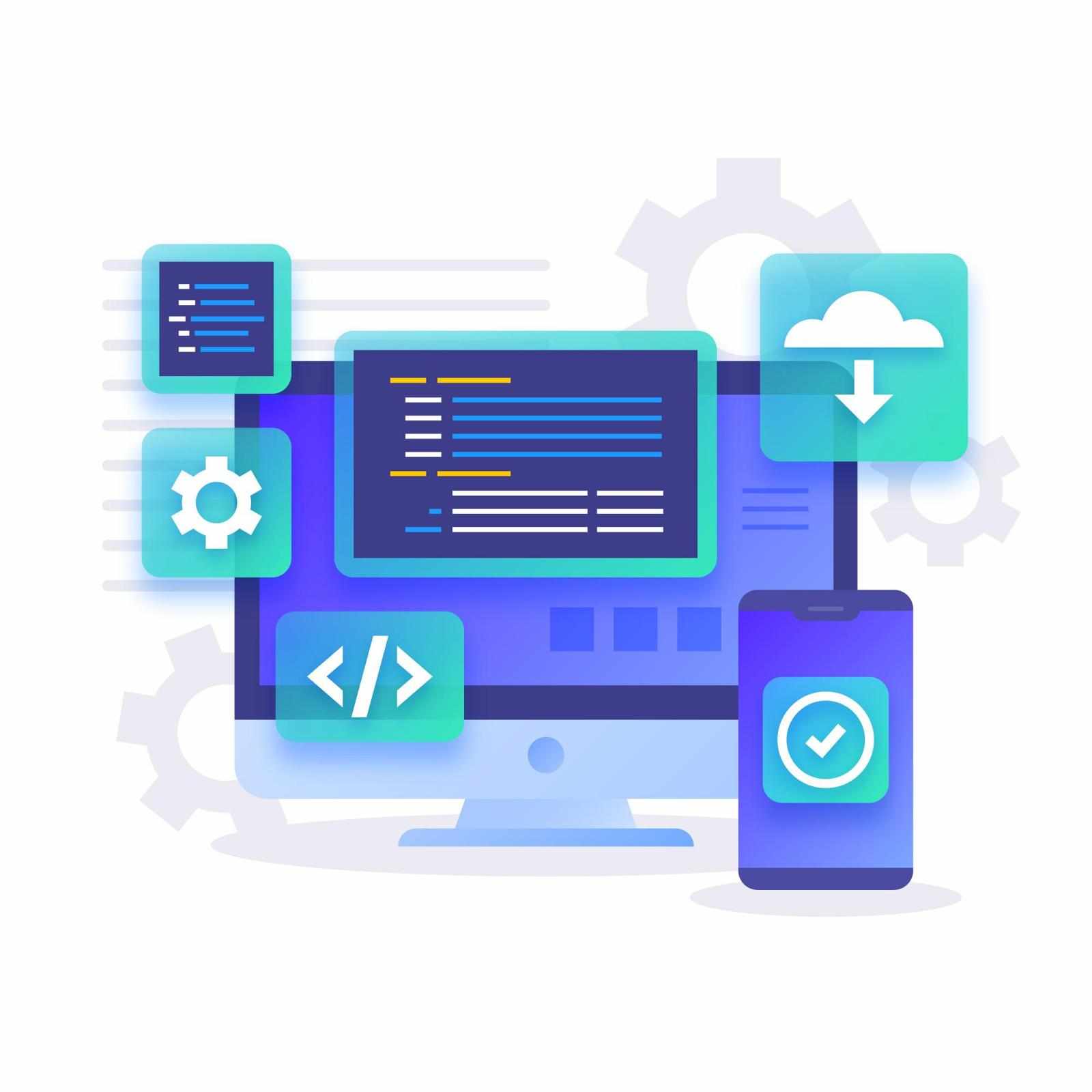
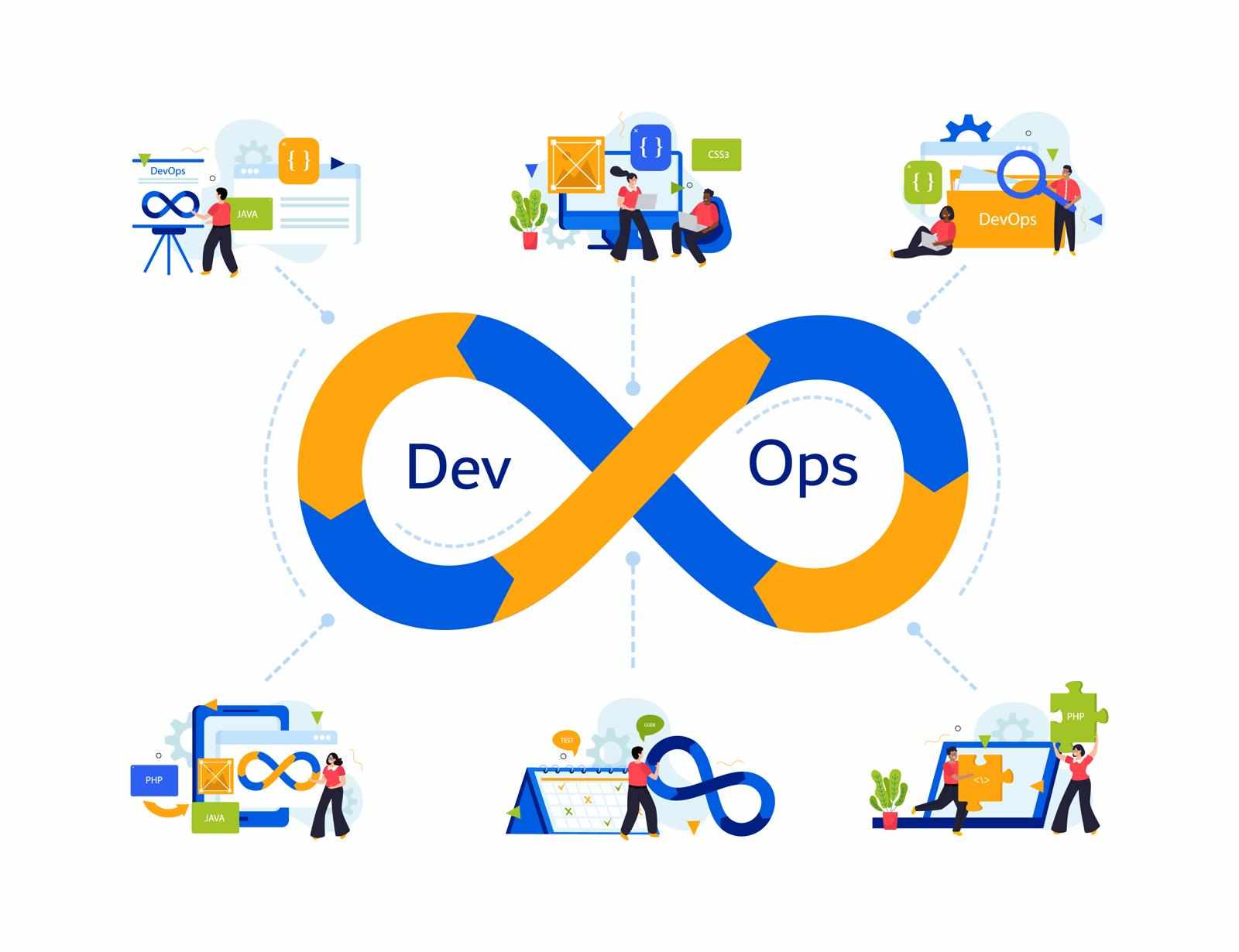


Write a comment ...